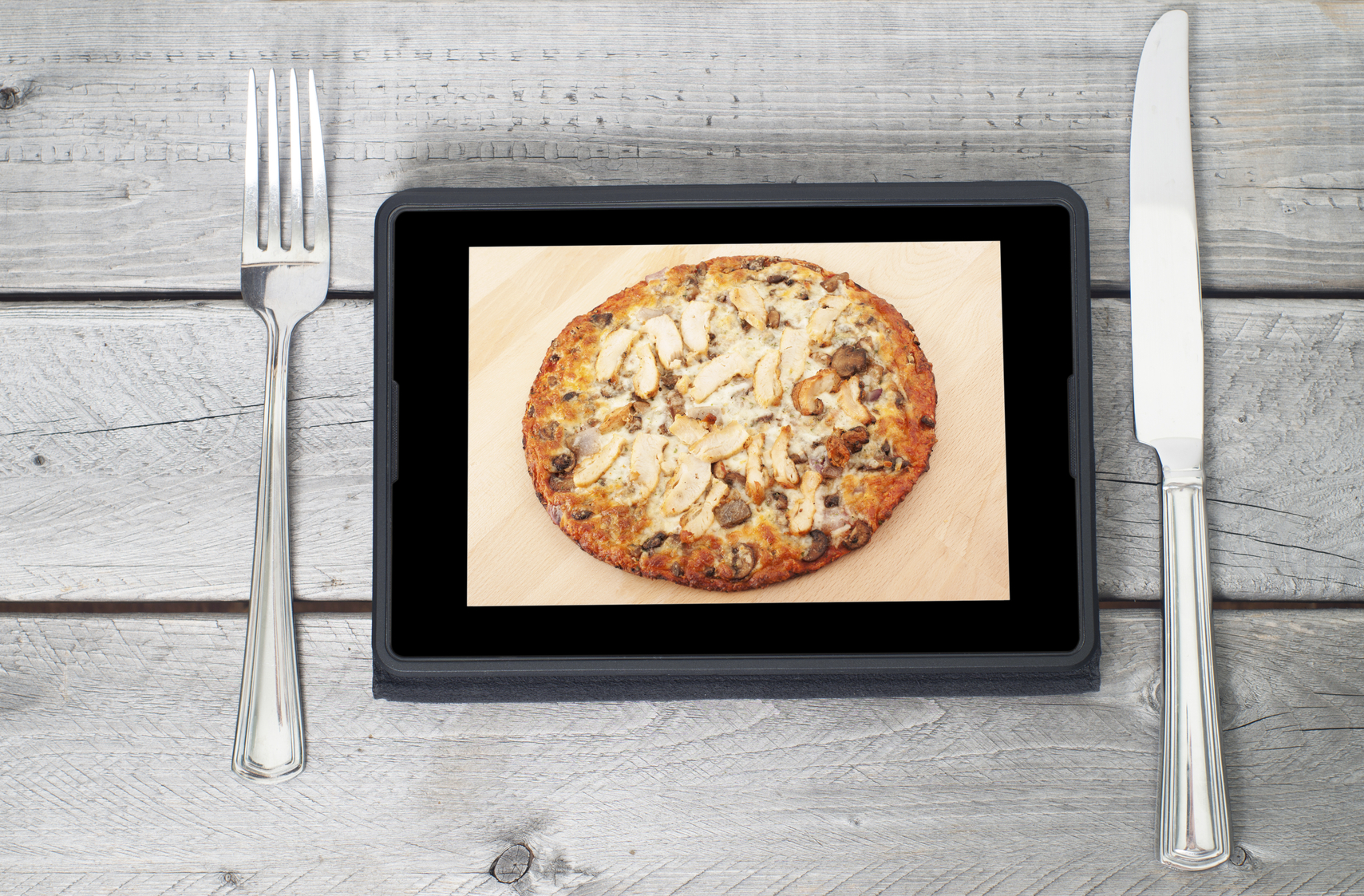Nearly everyone is trying to watch what they eat nowadays, but even the most obsessive foodies can find it frustrating to really know with confidence just what they are putting into their bodies. Food labels can be difficult to read and keep track of if you’re on a diet of any kind. Wouldn’t it be great if you could have laboratory testing info on all the foods you eat?
Food Spectrometers & Detectors
With so much power in our hands these days, it only makes sense that our smartphones would become the best source of food-related apps and tools. One type of handheld device that will be a big hit with health-conscious dieters is called a food spectrometer. These devices are normally only found in scientific environments; they analyze the molecular make-up of foods. This might sound a bit far-fetched to some, but things are already moving along with the SCiO Diet Sensor.
This is great news for diabetics, those with high cholesterol, and anyone needing to follow their diets closely, such as those with Celiac Disease. The food spectrometer works as an integrated device with a special app that displays all the detailed information about food, just like reading a food label, only more accurate, reliable and easy to read. It’s a dirty secret in the food industry that most measurements are purely estimates, based on serving suggestions that do not meet the dietary needs of most people, let alone those who are on strict diets.
If you don’t need something as detailed as a spectrometer, consider this gluten detector. For those who need to live a gluten-free life, but cannot trust restaurants, there is technology that can help and is specific to gluten. While there are a few a few on the market, MIT has developed a pretty useful detector that can fit in your pocket.
Meal Planning
Having a food spectrometer is superb for getting tangible numbers and information about your food, but you’re going to need more than that to successfully keep track of your diet. Apps like the one by Fooducate are great for doing just that. This app is free, but feature-rich with tons of useful information about your food, it also matches food label barcodes up to their own nutrition grading scale.
Another great app that is making waves is Dysh. This is more than just a diet and fitness app, though, it’s a social networking site that is dedicated to foodies and healthy eating. Here you are free to snap photos and share your opinions with others online to help one another with their choice of future restaurants, brands, recipes, and dieting.
Dysh combines the best elements from Yelp, Pinterest, and Facebook. This app proves that healthy advice and information doesn’t need to be in the format of a long detailed research paper and can be delivered with an amazing photo gallery to get a true representation of the food.
New Dieting Normalization
This type of community building and easy access to information is going to make life a lot easier for those who need to be on a special diet. It will normalize and expedite the process of having to plan every single ingredient of every single meal, every day. The same goes for those who suffer from weight loss issues and succumb to a lot of the frustration and confusion that happens when doing it alone. Of course, normalization can trend in the wrong direction. Ignoring dietary needs of consumers can happen in a variety of places. The key is to find the right support network. Facebook groups, some membership websites, and local meetups are a great way to connect with the right people and the right information.
*All opinions are my own and none of the links included are affiliate links or paid advertisements.


